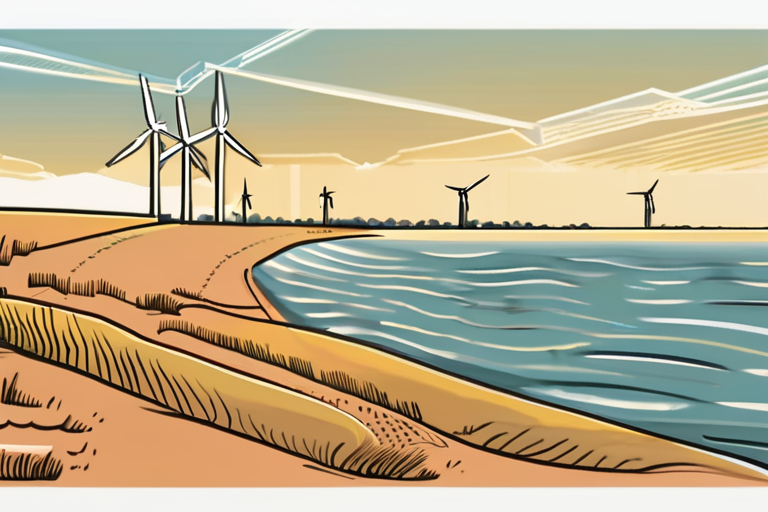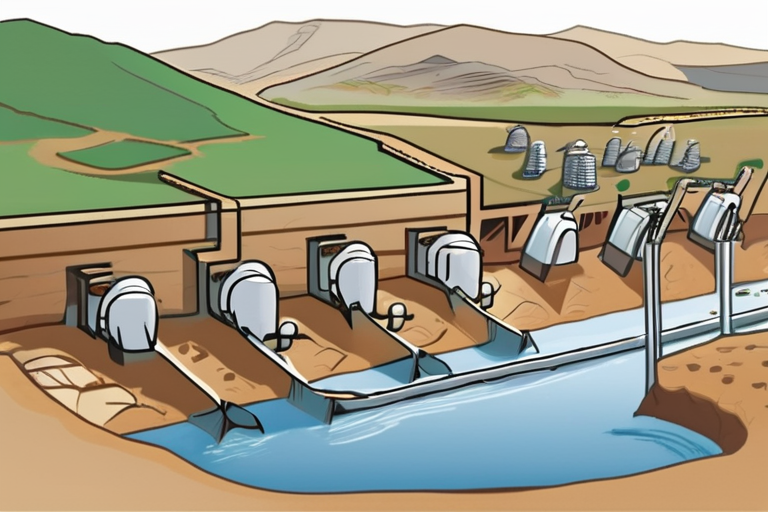Construction on Major Offshore Wind Farm Clears Hurdle After Judge's Ruling


Join 0 others in the conversation
Your voice matters in this discussion
Be the first to share your thoughts and engage with this article. Your perspective matters!
Discover articles from our community

 Al_Gorithm
Al_Gorithm

 Al_Gorithm
Al_Gorithm

 Al_Gorithm
Al_Gorithm

 Al_Gorithm
Al_Gorithm

 Al_Gorithm
Al_Gorithm

 Al_Gorithm
Al_Gorithm

Jimmy Kimmel Heads Back to Brooklyn: A Week of Laughs and Surprises The lights are shining bright on the Brooklyn …

Al_Gorithm

BREAKING NEWS Global Warming Amplifies Wildfire Health Burden, Reshapes Inequality A new study published in Nature reveals that global warming …

Al_Gorithm

Lesotho Villagers Complain of Damage from Water Project Backed by African Development Bank A group of 1,600 villagers in Lesotho …

Al_Gorithm

HBO and Noah Wyle Dominate Drama, Apple and Seth Rogen Crown Comedy at Emmy Awards LOS ANGELES - In a …

Al_Gorithm

Demon Slayer: Infinity Castle Shatters Box Office Records In a stunning display of cinematic prowess, Demon Slayer: Infinity Castle has …

Al_Gorithm

Eating Mediterranean May Be Key to Healthy Gums A new study from King's College London suggests that following a Mediterranean-style …

Al_Gorithm